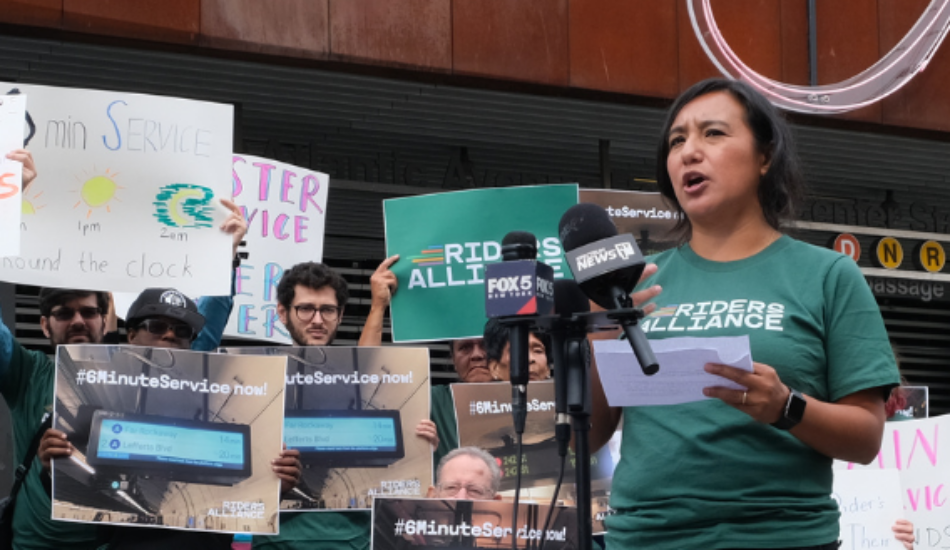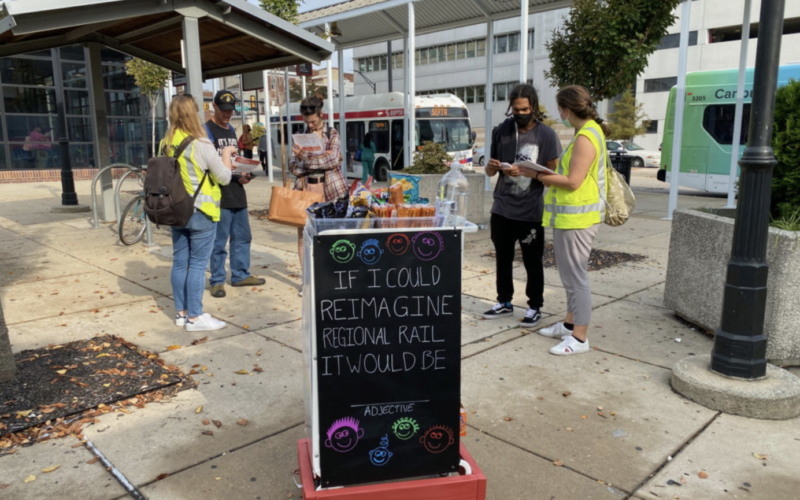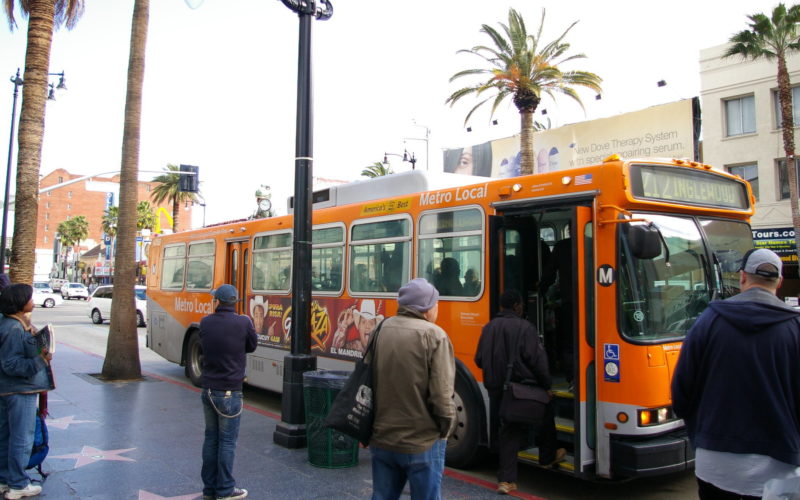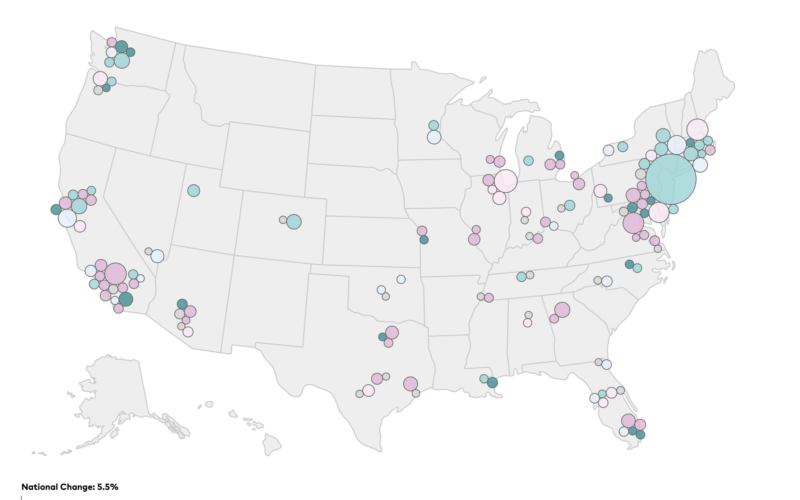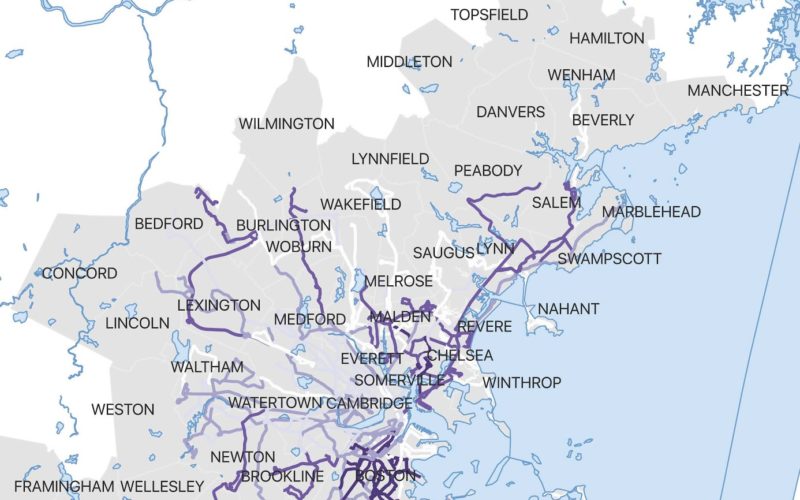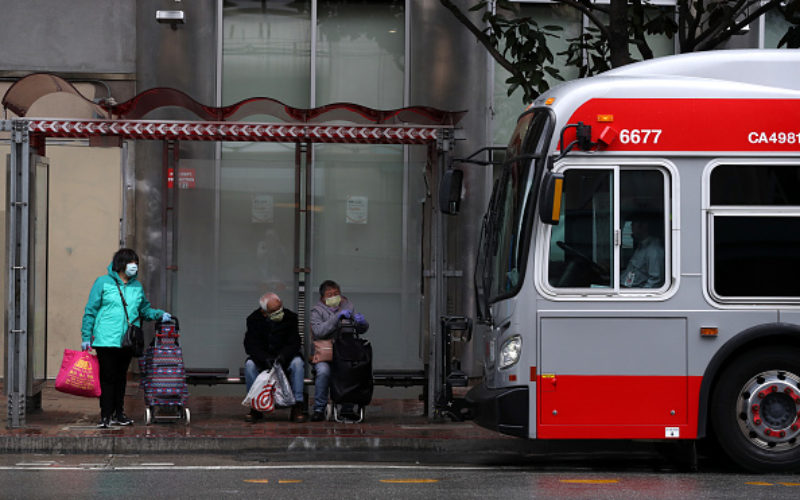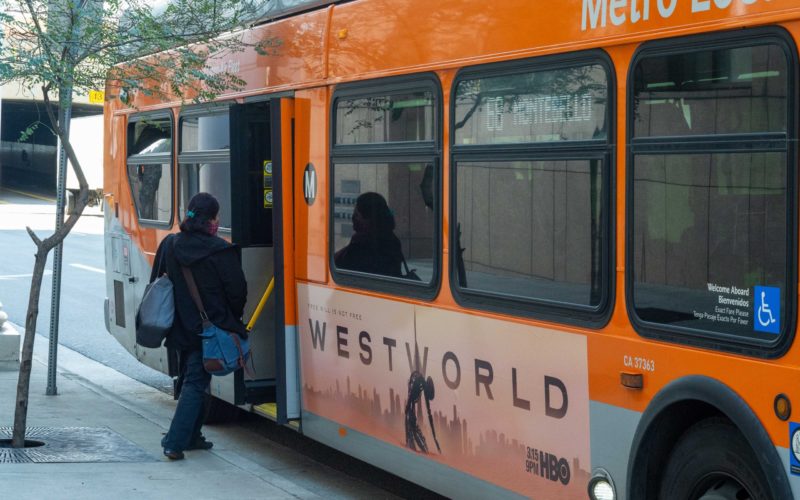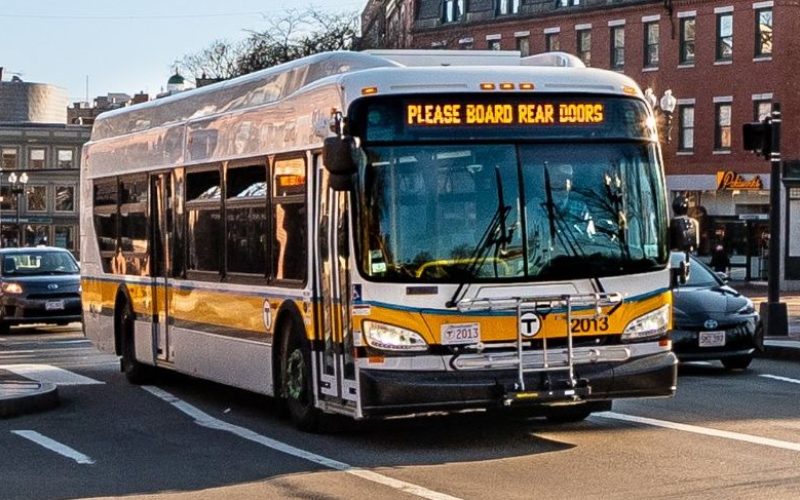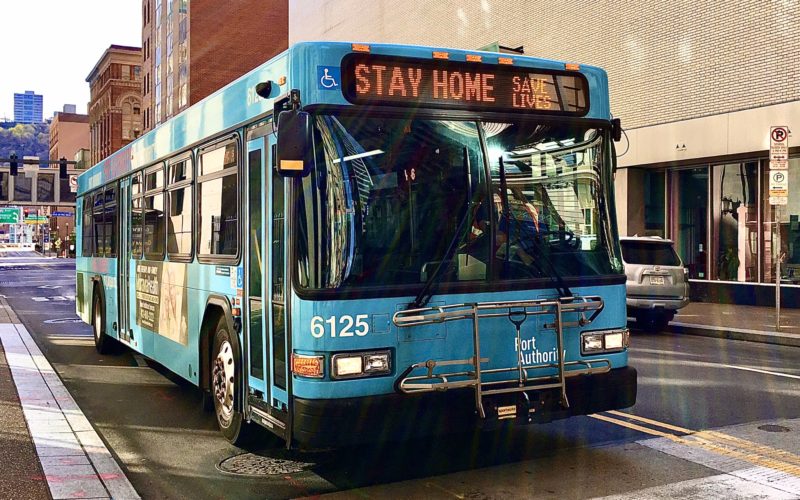Thanks to Riders' Alliance successful #6MinuteService campaign, New York City subway riders will enjoy more frequent service on nights and weekends, starting this summer. In this post, we chronicle the group's winning strategies and tactics.
Read MoreThe Southeastern Pennsylvania Transportation Authority (SEPTA) has been working throughout the pandemic on several system-wide planning initiatives that have the potential to transform transit service in and around the city of Philadelphia.
Read MoreEarlier this year, we published a post about fluctuating transit service levels throughout 2021 at the seven highest ridership agencies...
Last year we brought you Transit Insights, a visual tool to track changes in transit ridership, service hours, fares, and other important indicators of transit quality in American cities. We’ve just released a new version, with fresh data and features to make it even easier to explore transit trends.
Read MoreTo meet the needs of people who have been most affected by the pandemic, agencies should go beyond the initial transition to weekend schedules and adapt service in response to shifting travel patterns.
Read MoreThe $25 billion for transit in the CARES Act, which passed in March, bought agencies in major cities a few months. But CARES funding was not sufficient to address the scale of the transit crisis, nor was it targeted well.
Read MoreSo far, LA Metro has taken important steps to protect bus operators and plan for recovery, but the agency’s policy on fare enforcement has lacked transparency, and service allocation decisions have not aligned with the imperative to minimize crowding on board.
Read MoreTransit agencies can’t stop after switching to a weekend schedule. Further service adjustments are necessary to safely provide essential mobility.
Read MorePittsburgh's transit agency, Port Authority, has demonstrated a remarkable degree of flexibility since the COVID19 crisis began.
Read More